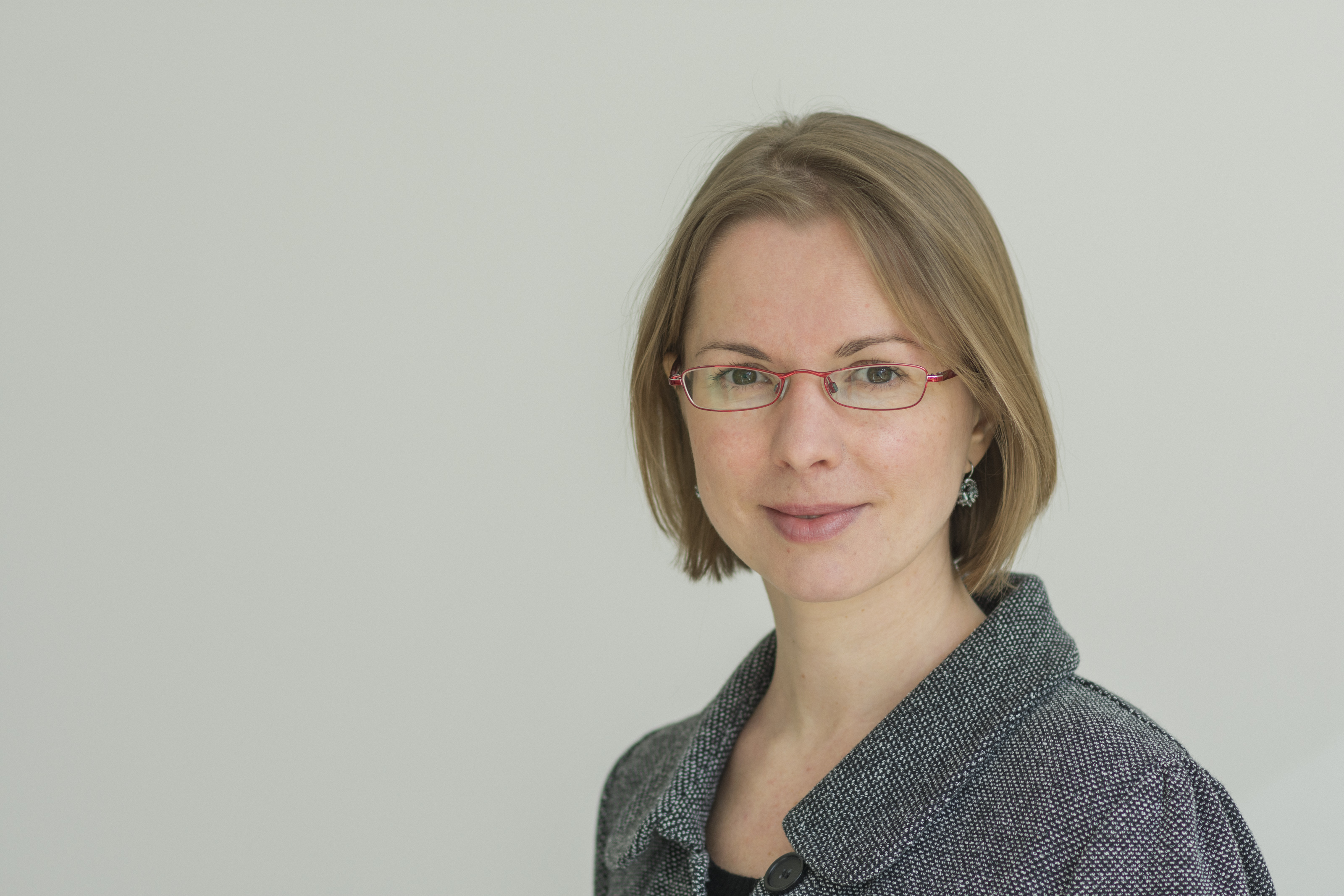Vera Axyonova
Expert Knowledge in Times of Crisis: Think Tanks, Media and Politics beyond Liberal Democracies

Expert Knowledge in Times of Crisis: Think Tanks, Media and Politics beyond Liberal Democracies
The Covid-19 pandemic demonstrated most vividly the need to scrutinize the origins, content and communication channels of specialized expert knowledge, and to understand its effects on politics and public life. This project is an immediate response to this need. It sheds light on how knowledge is produced and communicated by experts and expert groups in particularly challenging contexts, such as non-democratic and hybrid political regimes, as well as war-torn settings.
More specifically, the project examines how individual expert professionals and think tanks as expert institutions respond to different (types of) crises – including the Covid-19 pandemic, climate change and the Russo-Ukrainian war – in selected countries of what is called ‘the post-Soviet space’. It tackles questions of intellectual independence, functions, influence, and work practices of experts and expert institutions in times of crisis and uncertainty.
The research feeds into the literature on expert knowledge production, political discourse formation, and the role of expertise in policymaking and public diplomacy. Methodologically, the research relies on qualitative approaches, including expert interviews, participant observation, qualitative content analysis of think tank publications, and process tracing.
Based on new empirical data, the project narrows a remarkable gap in research on expert communities in post-Soviet Eastern Europe and Eurasia and advances our understanding of the role experts play in politics and society beyond consolidated liberal democracies.
